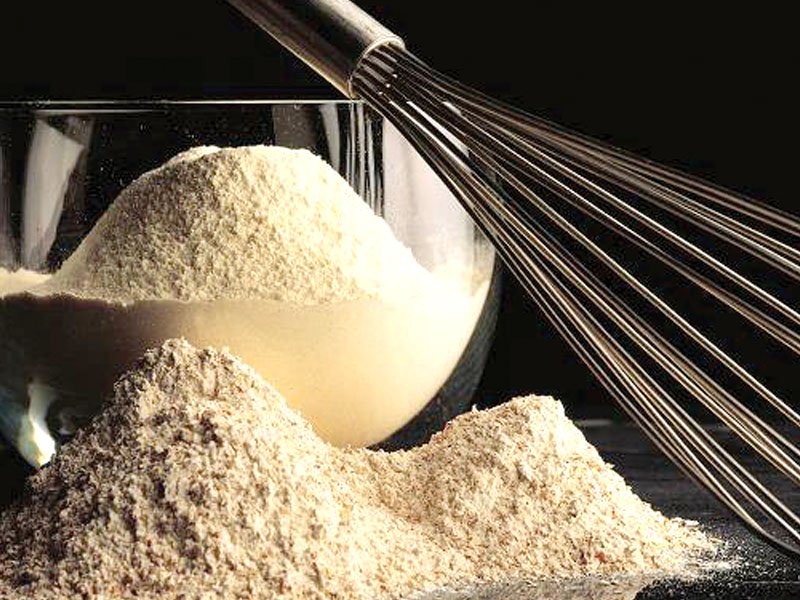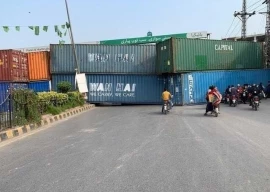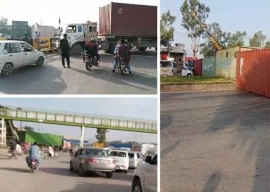
The newly-appointed district food controller (DFC) of Rawalpindi is a suspect nominated in Rs30.55 million flour scandal.
Muhammad Zaman has been accused of unlawfully providing wheat at subsidised rates to flour mills under the Ramzan Package in 2018.
Lahore’s Anti-Corruption Unit (ACU) had registered a case against the Rawalpindi DFC after the registration of a first information report (FIR) against him and another suspect, namely Shahid, on January 5 this year.
The FIR was lodged after the completion of an inquiry in the case pertaining to the unlawful provision of wheat at subsidised rates to seven mills. The suspects have been accused of causing damage of Rs30.55 million to the treasury.
The Rawalpindi DFC, however, defended his appointment while talking to The Express Tribune over a phone call.
He claimed the ACU had registered a case against him on the basis of “out-dated charges”. He said the secretary who had made his appointment was aware of the case against him.
Zaman claimed that the case had been registered against him on a political basis. “The case was registered against all officials deployed across Punjab at that time. I have obtained bail in the case.”
Flour crisis in Punjab
The unjust distribution of wheat and unbalanced quota for districts in Punjab has resulted in the artificial dearth of the staple commodity, people linked with the trade told The Express Tribune.
Sources claimed that influential officials in the Punjab Food Department are involved in unjust wheat supply to different districts of Punjab.
The wheat crisis across the province still exists despite the government imported the commodity after expending heavy sums of dollars.
As of now, the Punjab government has decided to release 25,000 tonnes of wheat to flour mills daily. However, the fixed provision even to the districts that are in the wheat surplus despite low population creates a dearth of the commodity in the other.
In some districts that are not self-sufficient in wheat growth, the commodity is being deliberately supplied in smaller quantities than the requirement due to the alleged connivance of the food department’s officials.
To find the root cause of the crisis, the experts suggest that the government needs to examine the records of wheat supply to each district when there existed no crisis.
They said that the current crisis was not of unavailability of the wheat but its availability at expensive rates and managed distribution.
They compared that last year, the wheat quota for Rawalpindi was 30 flour bags per roller body while of Lahore was 40 bags per roller body.
However, this year, the quota for Rawalpindi has been reduced to 24 bags per roller body while Lahore’s has been increased to 58 bags per roller body.
The experts said that the flour crisis could end in a span of few hours if only the government identifies and remove faults in its policy.
Published in The Express Tribune, January 26th, 2021.







1732355030-0/BeFunk_§_]__-(41)1732355030-0.jpg)










COMMENTS
Comments are moderated and generally will be posted if they are on-topic and not abusive.
For more information, please see our Comments FAQ